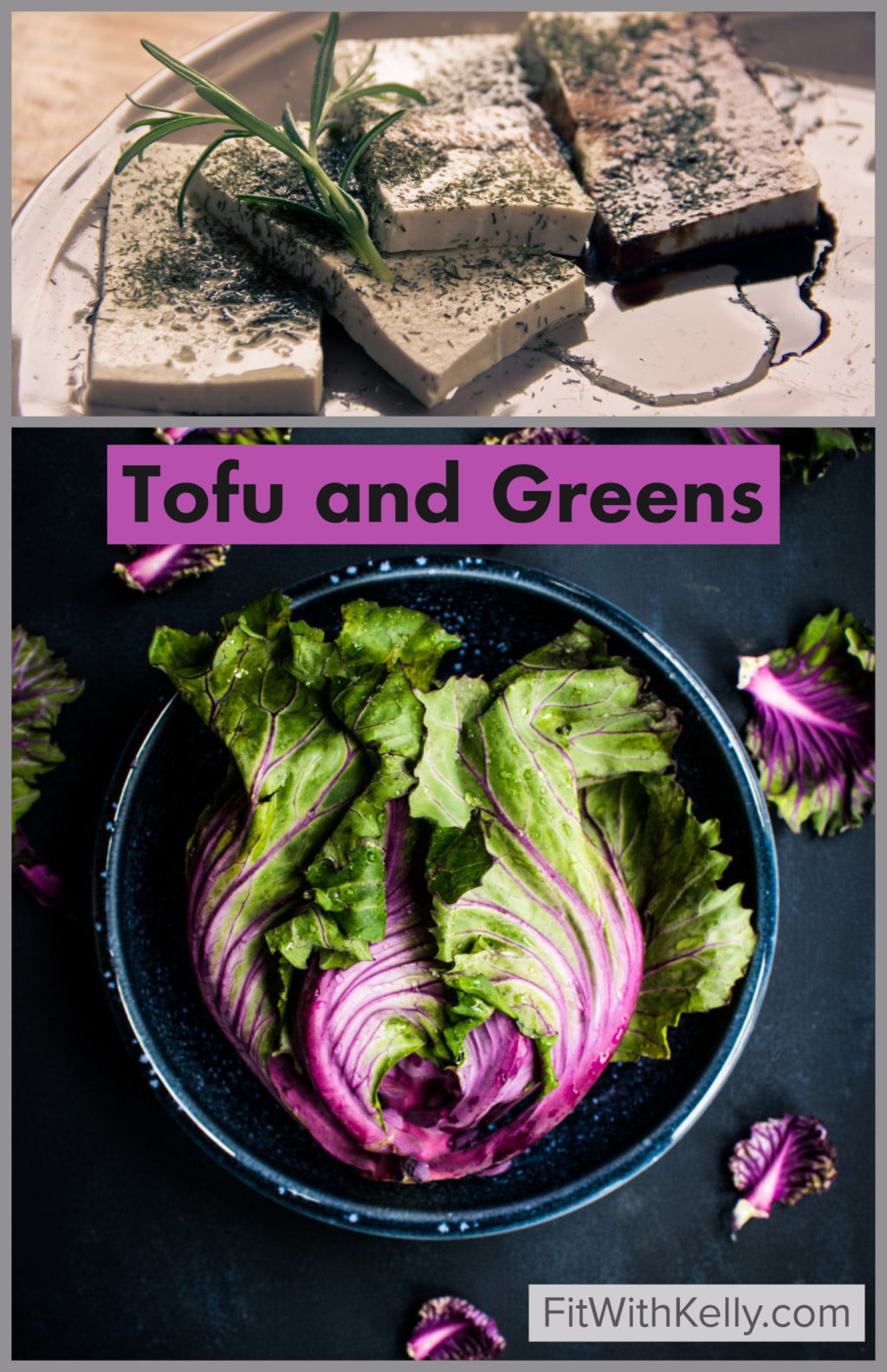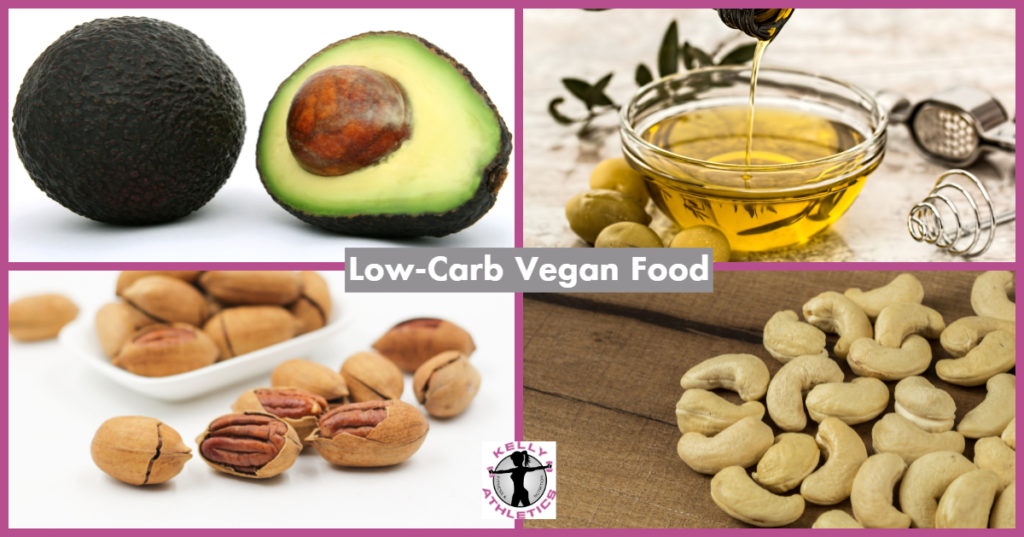Is Vegan Keto the Best Ketogenic Diet?
Vegan vs Keto debate: Are they compatible or too different?
Are plants superior to meat? As mentioned in my previous article, the ketogenic diet has some good, bad, and ugly qualities. Superfoods like kale are especially valuable to a typical ketogenic diet. Majority of superfoods are ingredients from plants, so why not eat a fully plant-based diet? For example, kelp contains more than 5X as much iodine than any fish of a sea animal (1), and brazil nuts contain more selenium than any meat of a land animal (2).

Does it fit my macros? Plant-based foods have a variety of macronutrient profiles, ranging from low carb to high carb and low fat to high fat. So, if you are concerned about the high intake of cholesterol but still want to get the benefits of a keto diet, you can follow a low-carb vegan keto diet which consists of soy, oils, vegan cheese, nuts, some veggies, and minimal fruit. Plant-based foods are entirely devoid of cholesterol, and usually low in saturated fats. The reason I highly recommend a cholesterol-free diet is because the tissues of our liver and small intestine produce cholesterol all on its own, with or without dietary cholesterol (Berardi 89). In fact, dietary fiber can lower blood cholesterol levels (Berardi 53), so by following a higher-fiber plant-based diet you can maintain a low cholesterol level.
So is vegan keto high fiber? Many vegetables recommended on the keto diet are high in fiber, however the bulk of a vegan keto diet is still somewhat lower in fiber due to its high fat content. Even though tofu and oil are derived from plants, they aren’t foods that should be consumed in excess.
Tofu has a small amount of fiber (4-5g per block) which is definitely more than the zero grams of fiber you get from meat, dairy, fish, and poultry (yep – animal products are completely void of fiber!). Processed cheeses like daiya and plant-based meats like the Beyond Burger are cholesterol-free which is a bonus but they do have less fiber than their whole food unprocessed counterparts. Oil – on the other hand – is another completely fiber-less food which can damage our endothelium, increase inflammation, and contribute to atherosclerosis (4). It is unlikely to achieve keto’s fat standards without having some oil. You can supplement with psyllium husk for fiber, but again, it is not recommended to replace food with supplements.
Will I be missing anything? If you do still want to go keto, you can download a free vegan keto shopping list here. At first glance you may think I’m making false claims because there’s a lot of fruit and veggies on the keto shopping list. However, keep in mind that only 5-10% of your calories can come from these foods, and since majority of plant-based foods are high in carbohydrates, you will be stuck eating the same low-carb foods over and over and over again. Since many leafy vegetables are low-calorie, you can get away with having a higher amount of them, but sweet fruit and veggies are nearly untouchable. So again – your diet will be mostly tofu, processed dairy and meat alternatives, oils, nuts, and some green veggies – meaning you are at a similar risk of vitamin A and vitamin C deficiency as a meat-based keto diet. It is unlikely that you could maintain this much restriction for a lifetime but if you want to take the challenge – go for it, but plan carefully!

Do I need to track calories? Some sources will say that counting calories is not required on the keto diet, but if you don’t then you could easily overeat. On a keto diet (vegan or not), you would need to get used to eating smaller portions of food, because fats are more than twice as dense in calories as carbs or proteins and in many cases lack water content. So if you normally eat 2 cups of strawberries per 100 calories, now you will eat only ½ cup of tofu per 100 calories and less than 1 tablespoon of oil per 100 calories. The good news is, you can still eat a lot of green vegetables like 3 cups of broccoli or 20 cups of lettuce per 100 calories. If you can manage to pull off a monster salad like that, then you are the King of Keto! If you’re ready to take on this diet and all its’ restrictions, then ketosis may help you with fat loss – maybe. If you want a truly incredible experience, there is a better method of getting into ketosis without any diet at all – which I will cover in the next page.

Resources:
- The World’s Healthiest Foods. The George Mateljan Foundation, Inc. “iodine.” http://www.whfoods.com/genpage.php?tname=nutrient&dbid=69. Accessed July 20, 2018.
- Dr Axe. “Brazil Nuts: The Top Selenium Food that Fights Inflammation.” https://draxe.com/brazil-nuts/. Accessed July 20, 2018.
- Berardi, John et al. Precision Nutrition: The Essentials of Sport and Exercise Nutrition, Second Edition. Precision Nutrition, Inc., 2012.
- Oliveira, Rosane. “Why You Should Opt Out of Olive Oil.” UC Davis: Integrative Medicine. Published May 11 2016. https://ucdintegrativemedicine.com/2016/05/why-you-should-opt-out-of-olive-oil/#gs.0cf3OOk. Accessed July 19, 2018.
